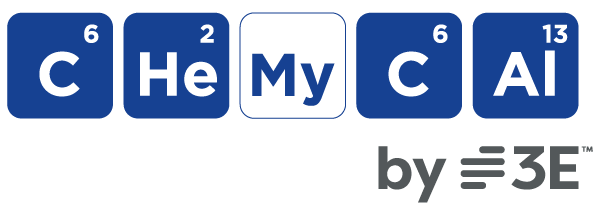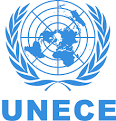To address the conclusions of the review of the amended Protocol to Abate Acidification, Eutrophication and Ground-Level Ozone (Gothenburg Protocol), as adopted by the Executive Body to the UNECE Convention on Long-range Transboundary Air Pollution in December 2022, further work is currently being undertaken, most notably by an ad-hoc group of experts to develop policy options.
The review report, analysing the sufficiency and effectiveness of the amended Gothenburg Protocol finds that current commitments and legislation will not be sufficient to achieve the long-term objectives of the Protocol, which is to not exceed the target thresholds for ecosystems and health (critical loads and levels), which could cause long-term damage. The report therefore calls for further targeted emission reduction measures across sectors including in the agricultural sector (NH3 and the ground-level ozone precursor methane (CH4)), the energy sector (NOx), road transport (NOx, VOCs, black carbon (BC) and non-exhaust PM), (international) shipping (NOx), solvent use (VOCs), domestic wood burning (PM2.5, BC and VOCs), agricultural residue burning (PM2.5 and BC), gas flaring (BC and CH4) and landfills (CH4).
Available scenarios show that even if the current legislation is fully implemented, more needs to be done to be able to achieve the long-term objectives of the Protocol. In particular, the rising concentrations of methane, which are not regulated under the Protocol, raise concern, as this pollutant increasingly contributes to the formation of ground-level ozone, with impacts on health, crops and ecosystems.
While technical measures will remain part of the solution to reduce emissions, non-technical and structural measures, including behavioural change, synergies with other policy fields, as well as additional efforts outside the region (e.g. methane and in international shipping), will also be needed.
Having been instrumental in developing scenarios in the Greenhouse Gas Air Pollution Interactions and Synergies (GAINS) model that have supported negotiations and the recent review of the Protocol, the Convention’s Task Force on Integrated Assessment Modelling (TFIAM) met last week for its 52nd meeting (Utrecht, the Netherlands, 24-26 May 2023) to discuss the status of the updated model. TFIAM brings together the best available science within the Convention on emissions, air quality, health and ecosystem impacts, and cost-effectiveness of abatement measures. Scenarios using the GAINS model show future developments in air quality up to 2050 with current policies and with additional policy measures.
CONTINUE READING ON unece.org



